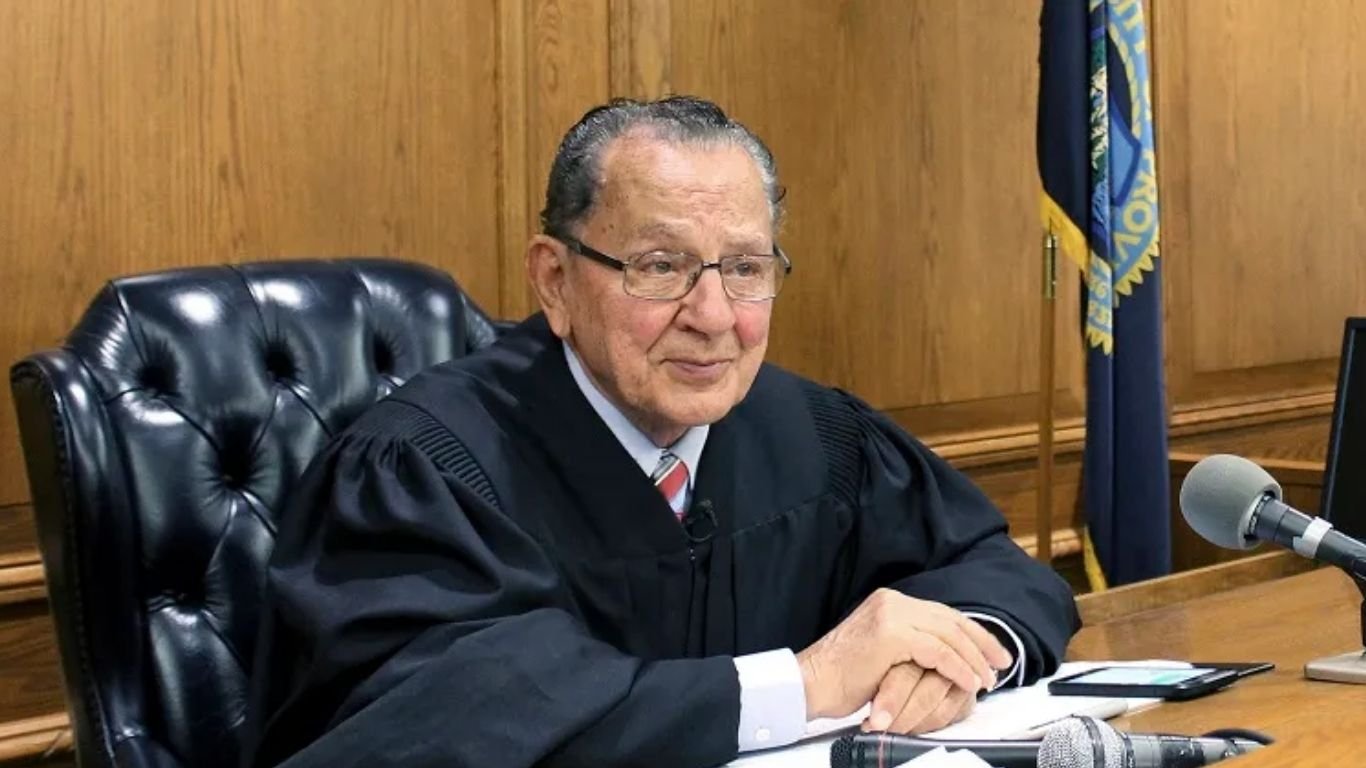In a major shake-up for the U.S. retail industry, Target Corporation has announced that its Chief Executive Officer, Brian Cornell, is stepping down from his role after a challenging period for the company. The decision comes at a time when the popular retail giant is facing declining customer traffic, slowing sales growth, and intense competition from rivals like Walmart, Amazon, and Costco.
The leadership transition highlights the difficulties that even established retail chains face in adapting to changing consumer behavior and evolving market conditions.
Why Target’s CEO is Leaving
Brian Cornell, who took over as CEO in 2014, is credited with reviving Target after a difficult period marked by declining sales and an unsuccessful expansion into Canada. During his decade-long leadership, Cornell streamlined operations, strengthened Target’s digital presence, and rebranded the company as a stylish yet affordable retailer.
However, the last few years have tested both Cornell and Target:
- Shifts in Consumer Spending: Inflation, rising interest rates, and tighter household budgets have made shoppers more cautious, turning them away from discretionary purchases.
- Competition: Rivals like Walmart have used their massive grocery operations to attract more foot traffic, while Amazon continues to dominate online shopping.
- Backlash and Boycotts: Target has faced political and social controversies that led to temporary boycotts, impacting customer loyalty.
- Store Traffic Decline: Reports show that many shoppers are visiting stores less often, especially as online shopping becomes the default for everyday needs.
Cornell’s decision to step down reflects both the business challenges and the growing pressure from shareholders who expect stronger growth and resilience.
Target’s Current Challenges
Despite maintaining a strong presence across the United States with over 1,900 stores, Target has seen worrying trends:
- Sales Decline: Quarterly sales have fallen for the first time in years, signaling weaker consumer demand.
- Reduced Foot Traffic: Fewer customers are visiting physical stores, while online growth has slowed compared to pandemic highs.
- Price Sensitivity: Customers are increasingly turning to lower-cost alternatives at Walmart, Costco, and discount retailers.
- E-commerce Competition: Amazon’s dominance and same-day delivery services continue to draw away Target shoppers.
Analysts note that Target’s core strength—balancing affordability with style—is being tested in today’s high-cost environment.
Leadership Transition at Target
While Target has not yet named a permanent successor, the company is expected to appoint an interim CEO while it evaluates long-term leadership options. Retail experts believe the new CEO will need to:
- Focus on winning back customer trust and loyalty.
- Strengthen Target’s digital and e-commerce strategy.
- Expand grocery and essential product offerings to rival Walmart.
- Navigate the balance between affordability and brand identity.
Cornell will remain as an advisor during the transition period, ensuring a smoother handover.
Expert Insights
Retail industry analysts suggest that the next leader of Target will face one of the toughest retail jobs in America. Unlike luxury brands that target niche audiences or discount chains that focus solely on price, Target has built its reputation on appealing to middle-class families who want style at value prices.
Maintaining this balance in the face of economic uncertainty will be critical. Experts also highlight the importance of omnichannel retailing, where Target integrates in-store shopping with same-day delivery, curbside pickup, and digital convenience.
Without strong innovation and sharper pricing strategies, Target risks losing even more ground to its biggest competitors.
What This Means for Target Customers
For millions of Target shoppers, the CEO change might not bring immediate visible differences. However, over the coming months and years, customers could see:
- More discounts and promotions as the company tries to lure shoppers back.
- Expansion of essential categories such as groceries, household goods, and baby products.
- Changes in store layout and digital shopping tools to make experiences more seamless.
- Stronger focus on affordability while maintaining Target’s reputation for stylish, trendy items.
The leadership transition could be a turning point in redefining Target’s future direction.
Target’s Legacy Under Brian Cornell
Despite the current struggles, Brian Cornell leaves behind a notable legacy:
- Led Target through a successful turnaround after early 2010s setbacks.
- Expanded private label brands like Good & Gather and Cat & Jack, which became billion-dollar successes.
- Invested in store remodeling and digital fulfillment centers, keeping Target competitive in modern retail.
- Strengthened Target’s community presence with philanthropy and sustainability initiatives.
His departure marks the end of an era but also sets the stage for a new chapter.
FAQs on Target CEO’s Exit
Q1: Who is stepping down as Target’s CEO?
Brian Cornell, who served as CEO since 2014, is stepping down.
Q2: Why is Target’s CEO leaving?
Cornell’s departure comes amid sales decline, customer traffic loss, and shareholder pressure for change.
Q3: Who will replace Brian Cornell?
An interim CEO will be appointed while Target searches for a permanent successor.
Q4: What challenges does Target face right now?
Declining foot traffic, increased competition from Walmart and Amazon, customer price sensitivity, and shifting spending habits.
Q5: How might this affect customers?
Shoppers may see more discounts, new strategies in grocery and essentials, and improvements in online shopping.
Conclusion
Target’s CEO stepping down marks a critical moment in the company’s history. Once celebrated as a retail turnaround success story, Target is now at a crossroads. With customers turning away, leadership change is both a challenge and an opportunity.
The next CEO will need to reignite customer loyalty, strengthen e-commerce strategies, and redefine Target’s identity in a highly competitive retail landscape. Whether Target can reclaim its position as America’s go-to shopping destination depends on how quickly and effectively it adapts in this new era.











